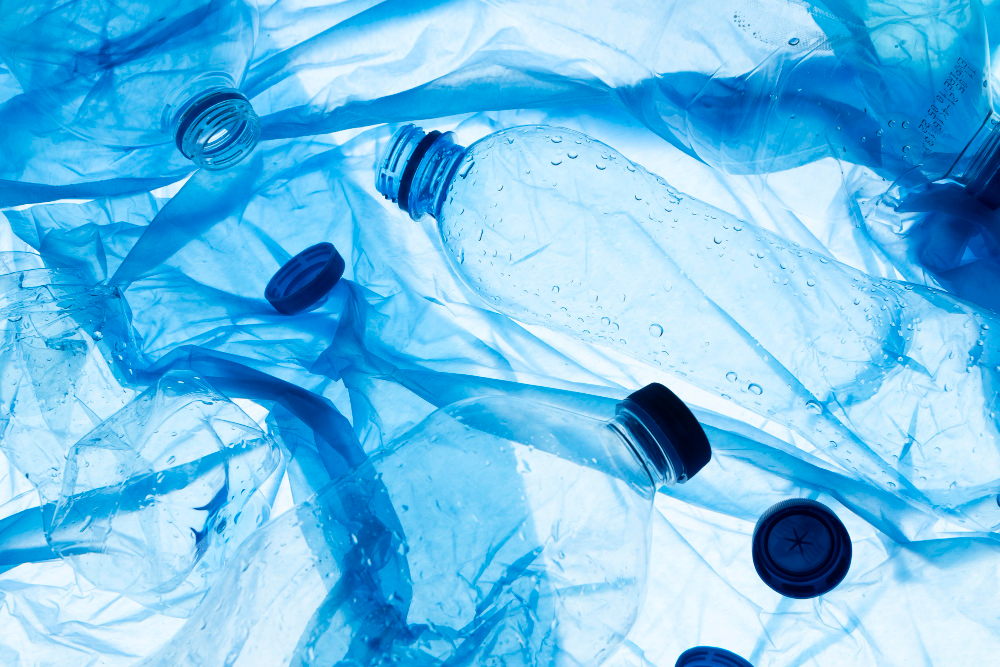Mass consumption is one of the sectors affected by the application of the well-known plastic tax that came into force on January 1 despite the unanimous request to postpone the application of a rate that is unique in Europe and for which there are still “many doubts”. This is how EFE Agro certified it in an interview with AECOC.
According to AECOC, the collection for this tax for non-reusable plastic containers, which is levied at 0.45 euros for each kilogram of this material manufactured or purchased, will not be known until the second semester.

According to AECOC, the collection for this tax for non-reusable plastic containers, which is levied at 0.45 euros for each kilogram of this material manufactured or purchased, will not be known until the second semester.
According to the association, one of the main doubts is whether some materials can be considered packaging and, therefore, you have to pay for them.
The regulation provides that containers are taxed but also “objects that can be used as containers”, a “very ambiguous” definition that is raising doubts about the application of manufacturing companies in examples such as the bags used in some products.
What is considered packaging
According to the Packaging and Waste Law approved in 1997, packaging is any product made of materials of any nature and used to contain, protect, handle, distribute and present merchandise, from raw materials to finished items, at any stage of the chain. manufacturing, distribution and consumption. All disposable items used for this same purpose will also be considered containers.
This concept includes only sales or primary packaging, collective or secondary packaging and transport or tertiary packaging.
Objective of the Law
According to experts consulted, this law aims to compensate the economic cost derived from Spain’s payment obligation agreed by the EU, based on packaging waste that is not recycled, that is, 80 ctms per kg. The government transfers part of this tax to economic agents. On the other hand, this tax is part of the reforms committed to within the Recovery and Resilience Plan of European funds, so if this tax, some of the European funds would not have arrived.
From every year to the next, to demonstrate the part of recycled plastic that our packaging has, it will have to be certified by a certifying company, in accordance with the UNE EN 1543 2008 standard.
Anafric’s position
Anafric asked the Government for a postponement in the entry into force of the so-called plastic tax, since the Italian Government suspended its entry into force.
For Anafric, “with the current economic situation of constant increases in the price of energy and inflation through the roof, the economies of the entire value chain of the meat sector will suffer and will have real problems to assume the tax.”
















